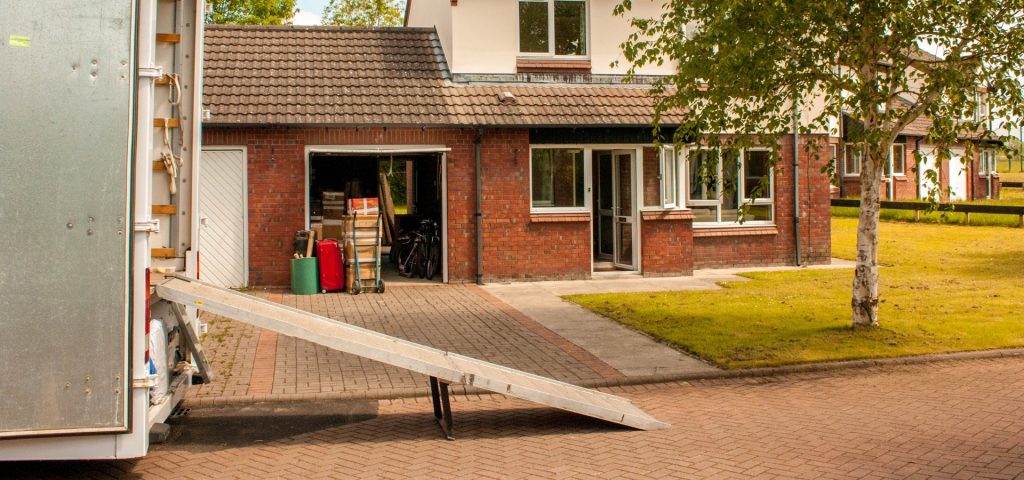After a divorce, people are often ready to begin a new chapter in their lives. Moving out of state can be a good way to start fresh.
Moving out of state requires planning, packing, and patience. When navigating divorce, the contemplation of moving becomes even more complex. Let’s take a look at how to prepare for moving out of state after a divorce.
1. Custody Agreements
Moving out of state with children after a divorce can be complicated. Children and the ex-spouse can be greatly affected by a significant move, especially when certain custody agreements are involved. Generally, children can only be moved out of state with permission from the other parent, the court, or both.
Custody agreements can complicate moving plans, primarily when custody is split in half. The parent who wants to move may file a motion to request permission to move children out of the state. On the other hand, the parent who stays can file an order to prevent the other parent from taking the children.
If the other parent does not consent to the move, the court will consider what is best for the child. During the process, the court will consider the impact on the child’s relationship with:
- The other parent
- Local and out-of-state relatives
- The child’s school
- The child’s established community
Ultimately, each case is decided on an individual basis. A judge may grant the moving parent permission to move out of state based on a wide variety of circumstances. The court process can be stressful for both children and adults. Parents can help children cope with divorce by providing reassurance and encouraging them.
2. Create a Parenting Plan
If a parent is granted permission to move out of state, it is essential to create a clear plan with the other parent. Depending on where each party moves, weekly visits may not be possible.
For out-of-state parents, consider things such as:
- School vacation visits
- Accessible home visits
- Contact via technology
- Sharing updates
Lengthy visits are one way to supplement shorter visits. Arranging an agreement over length of visits , transportation methods , and travel costs will help solidify expectations.
Another way is to plan regular phone calls or video calls. Consistent communication is important for maintaining positive relationships.
3. Gather Important Documents
Before moving out of state, a divorcee needs to gather essential documents. Finances often get confusing after a divorce as people navigate new bank accounts, mortgages, and car titles. Divorcees should collect all necessary financial, legal, and personal documents.
Financial paperwork checklist:
- Bank statements
- Loan information
- Tax returns
- Retirement accounts
- Checking and savings accounts
- Children’s bank accounts
- Debt records
Legal paperwork checklist:
- Custody orders
- Written childcare agreements
- Children’s birth certificates
- Educational documents
- Prenuptial or postnuptial agreements
- Divorce Decrees
Personal paperwork checklist:
- Social security numbers
- Insurance policies
- Divorce decrees
- Birth certificates

4. Prepare Moving Logistics
Once a divorcee prepares for the complicated legal aspects of moving out of state, the logistics of actually moving can be focused on. The first step is to secure a home or apartment in the new state.
Eight weeks out from the move is an excellent time to:
- Notify children’s school of their departure
- Enroll in a new school district
- Schedule a date with a moving company
Six weeks before moving is the ideal time to:
- Begin sorting items
- Donate or dispose of old items
- Secure a date for new furniture delivery
Four weeks before the move, begin:
- Labeling boxes
- Packing similar items together
- Cleaning rooms and appliances
Divorcees moving out of state should remember to update their address on their online accounts and set up mail forwarding with the post office. The more preparation that occurs, the simpler the moving process will be.
Fresh Starts Are Possible
Even though moving out of state can be complicated, it is possible. Divorced parents who plan to move should allocate plenty of time to navigate the custody process. Once the logistics are covered, divorcees can begin a fresh chapter in a new state.
This article contains general information and does not provide legal advice. For legal advice, please contact M. Sue Wilson Law Offices directly.

